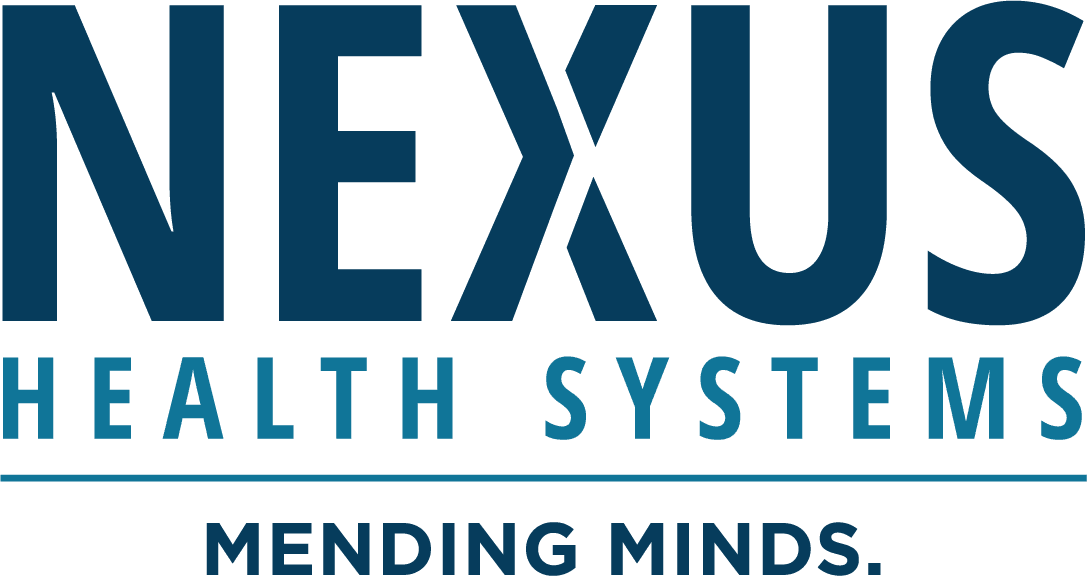
Read the latest healthcare insights
Pediatric brain injury presents a complex set of challenges for young patients and caregivers. Here, you’ll find tips for rehabilitation and recovery, insights from the field, and updates from the Nexus network.
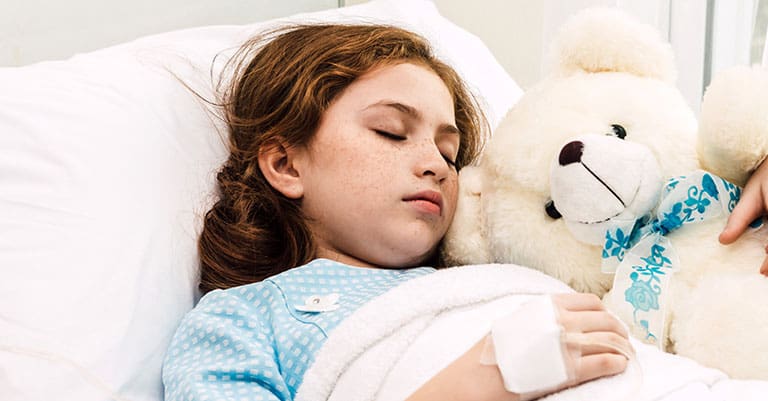
3 respiratory care tips for caregivers »
It’s easy to take respiratory wellness for granted. Breathing is, after all, controlled by the autonomic nervous system, meaning it requires no thought or effort. When a life-altering injury or serious illness affects a loved one’s ability to breathe, however,…
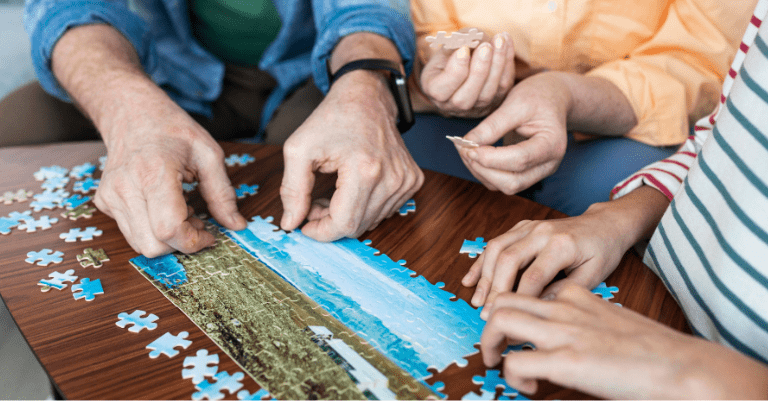
How cognitive therapy supports brain injury rehabilitation »
Catastrophic neurological injuries leave a lasting impact on the body and mind. After sustaining a brain or spinal cord injury, some patients have trouble balancing, moving their limbs, speaking, seeing, and hearing. In addition to physical impairments, cognitive deficits in…
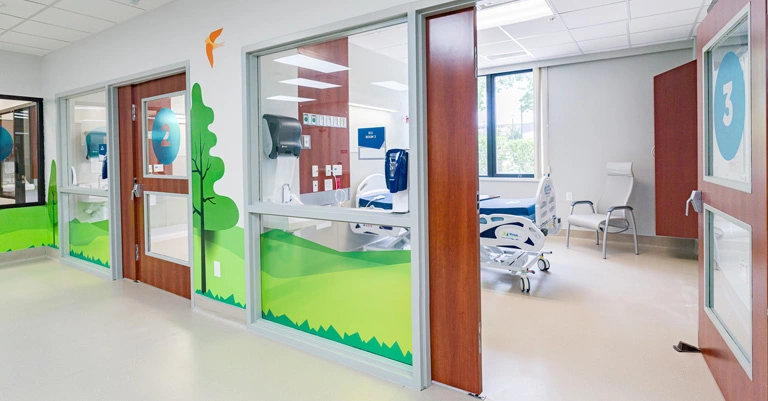
Nexus Children’s Hospital – Dallas Announces Grand Opening »
Nexus Health Systems, a network of inpatient specialty care hospitals and residential campuses, announced today the grand opening of its Dallas location. The new Nexus Dallas hospital will care for infants, children, adolescents and young adults with debilitating injuries and…
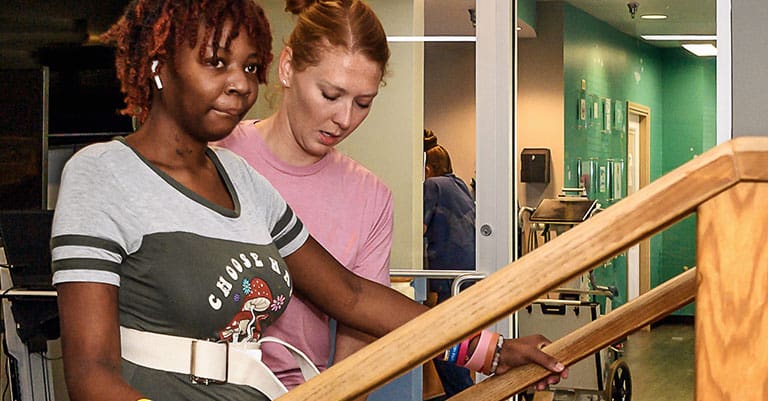
Treating bladder and bowel disruption after brain injury and spinal cord injury »
Urinary and bowel control issues occur when there is a disruption in information communicated between the brain and the areas of the body that control bladder and bowel function.
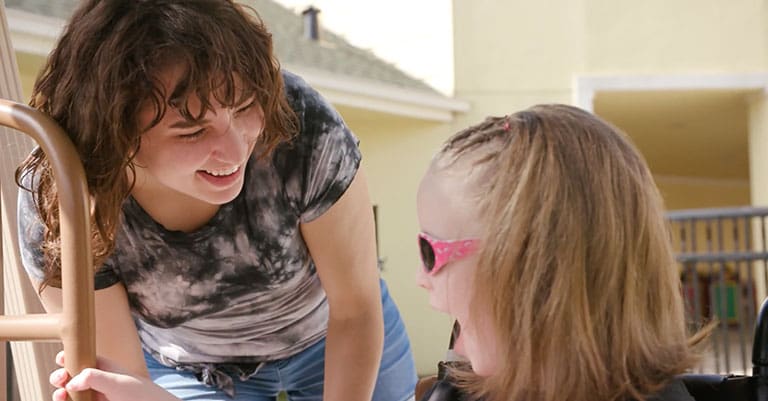
Children recovering from brain injury: the first steps »
After a brain injury, most individuals require rehabilitation to regain strength and skills. The process at Nexus Children’s Hospital, is upon admission, the child is evaluated, and referrals are made to start a variety of rehabilitation disciplines, including occupational, physical,…
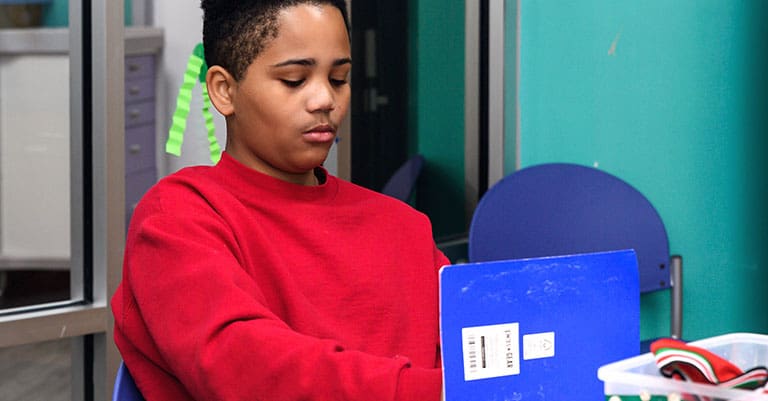
Neuropsychological evaluations support a child’s return to school after brain injury »
After a traumatic event like a brain injury, it’s crucial for children and adults to be evaluated to understand how the injury affected their brain and what recommendations could be implemented for greater success in life.
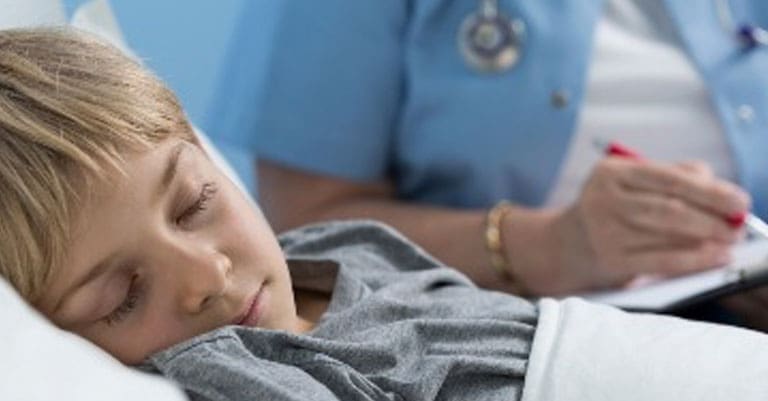
Neurostorming in severe brain injury patients »
Most people are familiar with the feeling of stress. Your heart may beat faster, your breath could quicken, your blood pressure might rise, and your muscles might tense up. This is called the flight-or-fight response — what our bodies may…
